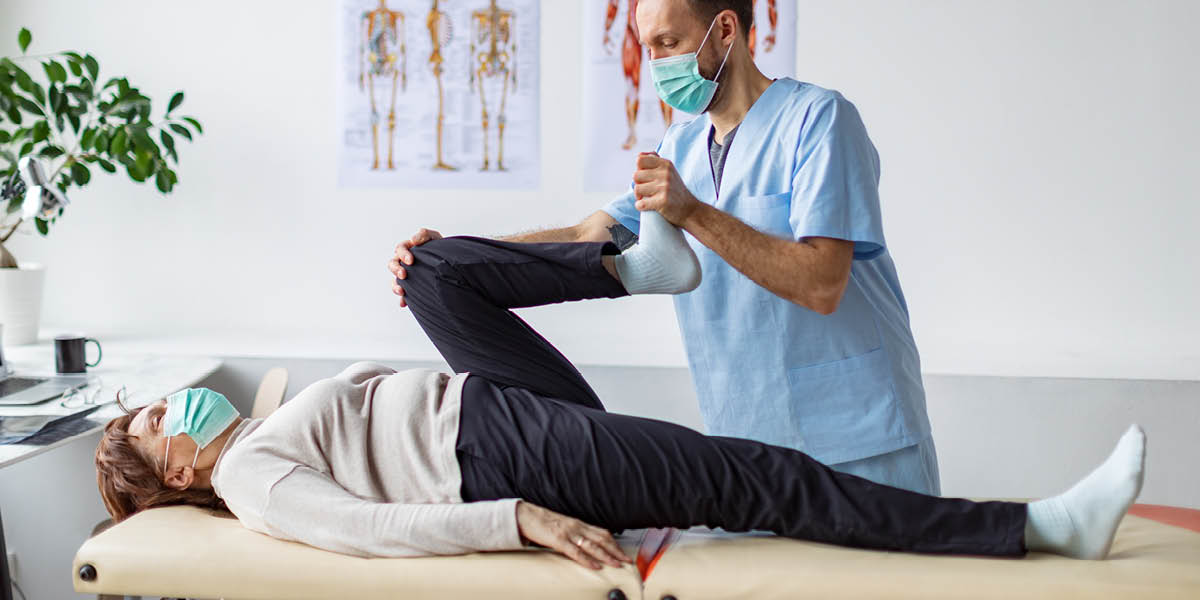-
The Effects of Dry Needling on Knee Pain
Official Title The Effects of Dry Needling on Patients with Knee PainPurpose
This study is testing the effectiveness of "dry needling" for pain management and on muscle strength and leg function for those with knee pain. Dry needling consists of small, monofilament needles that are administered directly into the tissue and manipulated to make the muscle relax for pain relief. This technique is used to treat dysfunctions in skeletal muscle and connective tissue to help diminish pain, reduce impairments of body structure and restore function.
Could this study be right for you?
Eligibility Criteria:
- Ages 18-40
- Referred for physical therapy
- Presence of knee pain (for at least 3 months) around the knee cap (patella) during ascending/descending stairs, squatting, and/or running.
Age Range
18 and up
